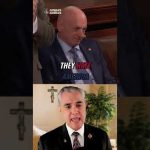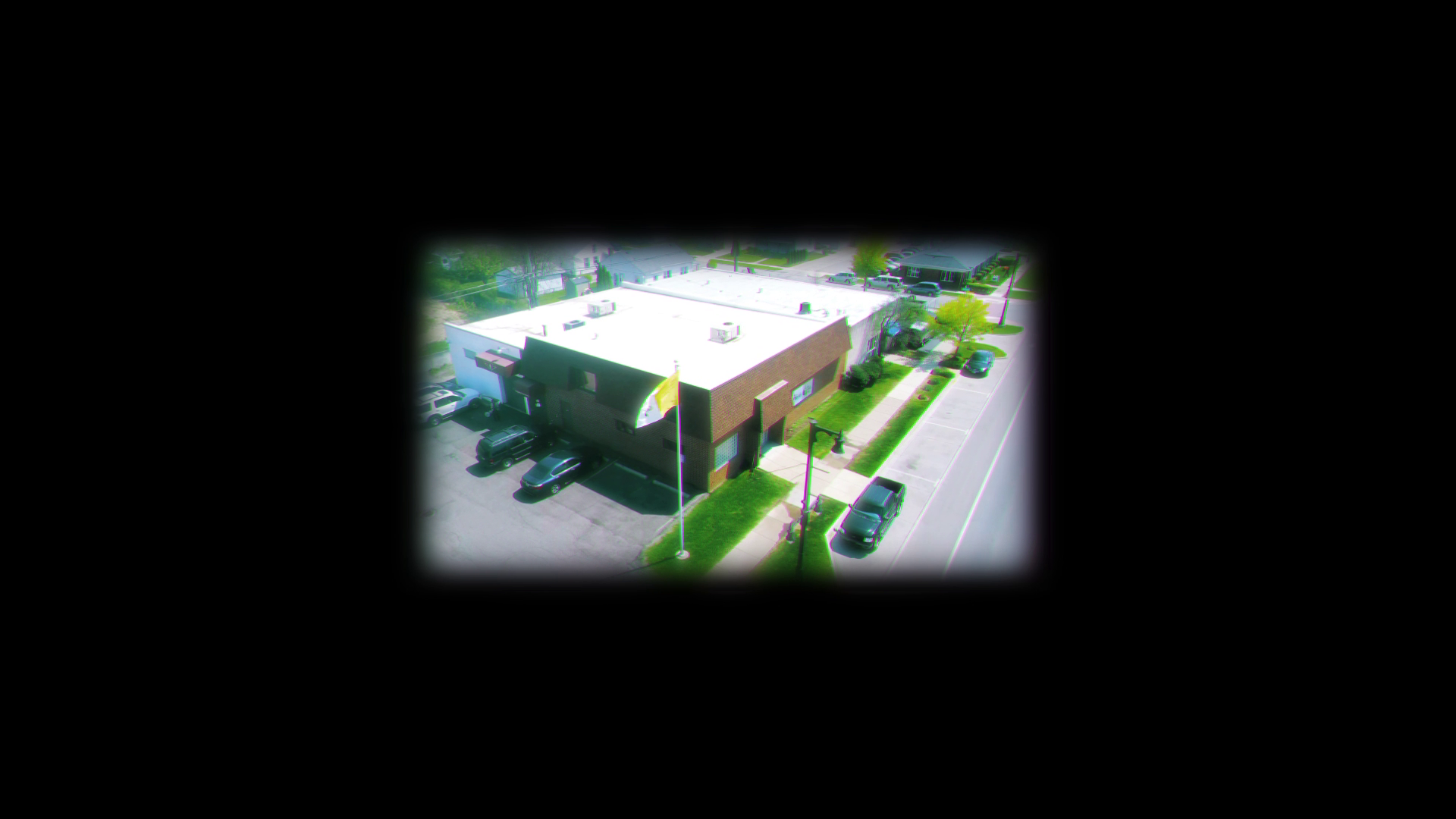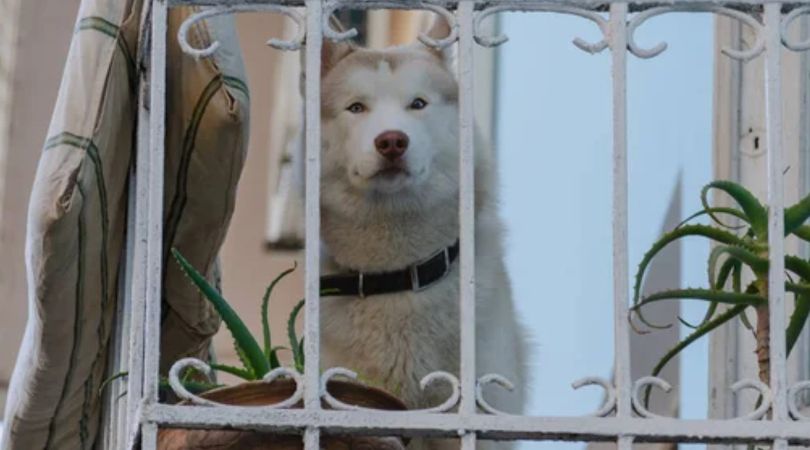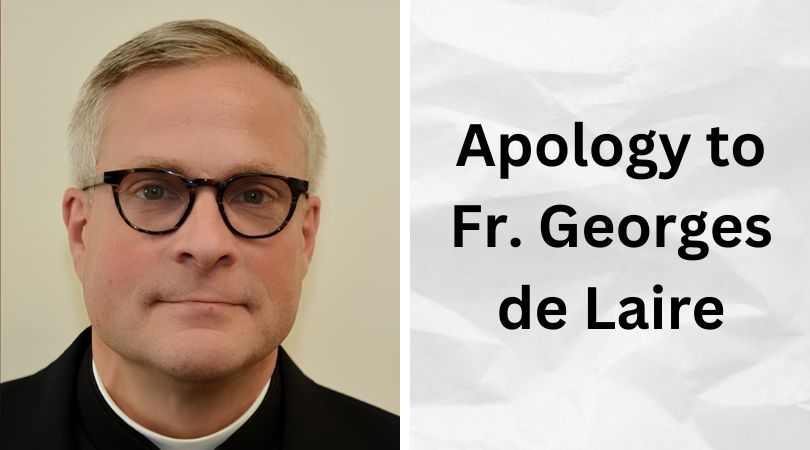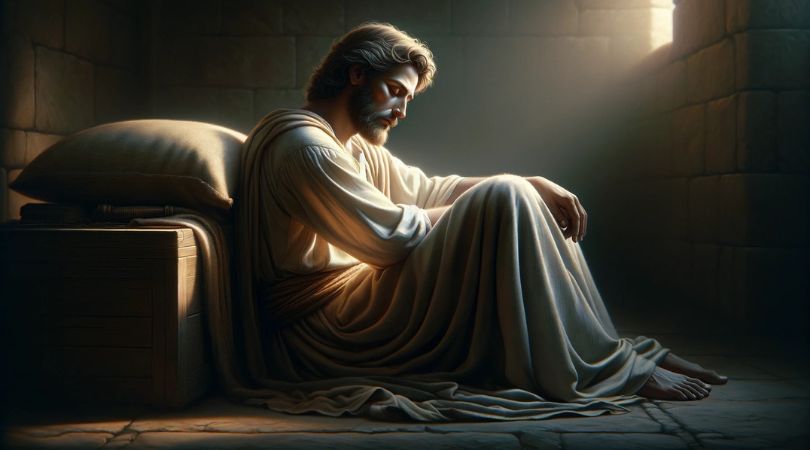A ruling from the Dicastery for the Doctrine of the Faith has placed a rapist priest back on the job in Africa, and canon law helped that to happen.
On July 1, 2023, Fr. Hilary Ngome, who confessed to raping at least one 13-year-old girl, was fully returned to ministry by a Vatican decree, according to Bp. Michael Miabesue Bibi, prelate of the Buéa diocese in Cameroon. He announced the decree in a public letter dated Aug. 23, 2023.
Priest Admits to Rape
According to an affidavit from the family, in August of 2018, Fr. Ngome, then a parish priest of St. Martin de Porres Parish in Likomba, asked a young girl to clean his residence. When she came to clean his room, he forced her onto the bed and raped her.
Fr. Hilary Ngome
Sources close to the victim maintain that another priest who was related to Ngome subsequently told the victim in confession that she would go to Hell if she told anybody about the rape. These sources further contend that Ngome continued to sexually abuse the girl until she began to show indications of pregnancy. It was only then that her father learned what had happened.
The girl’s father then sought to kill the priest with a machete. While saying Mass, Ngome saw the father approaching and stopped the Mass. Ngome yelled to the congregation that rebels had come to the church to kill him, portraying the situation as a political issue.
Ngome called for the military to come and kill the girl’s father. When the military came, however, they asked the victim’s father why he had planned to kill the priest. After the father explained the situation, military officials approached Ngome, asking if the father’s rape allegations were true. He immediately confessed to the crimes and exclaimed, “It was the devil that did it!”
Bp. Emmanuel Bushu
Authorities did not pursue the situation, calling it an internal Church matter. Ngome was dropped off at the residence of Bp. Emmanuel Bushu, who removed Ngome from his parish and sent him to live with family.
Around November 2019, the victim’s family submitted a formal complaint to Bp. Bushu, but only a month later, Bushu resigned because, at 75, he had reached the mandatory retirement.
In February 2020, the newly installed Bibi studied the case and forwarded it to the Vatican. After more than two years, in April 2022, the Vatican decreed Fr. Ngome would have to undergo a 14-month sentence of prayer and penance. During that time, he would have to live at the bishop’s residence and be barred from conducting weddings and hearing confessions. He was, however, allowed to participate in public liturgies. He was later seen participating in public Masses and ordinations.
Ngome’s sentence ended on July 1, and Bibi announced in August that the priest was now permitted to fully return to ministry.
Unequal Treatment
Bibi has been accused of purging certain faithful clergy from the diocese, including removing from ministry six religious associations of priests and several deacons and seminarians. The clerics mentioned were removed without pay.
Since April 2020, Bibi has pulled from ministry 44 diocesan clerics, 30 deacons and 14 seminarians, despite no official legal action against them.
These men, several of whom were interviewed by this journalist, await a response from the Dicastery of the New Evangelization, which is hearing their case. All they have heard so far is that their case has been placed under “administrative silence.”
Your browser does not support the video tag.
Locals are decrying the decree from Rome that has sidelined faithful clerics while an admitted child rapist has been fully restored to ministry.
In an Oct. 9 statement, Bibi discussed the suspension of two of the priests, Fr. Feliz Nkafu and Fr. Henry Tutuwan, maintaining that they were suspended for failing to return in a timely manner from the United States to the Buea diocese. Nkafu maintains that he is currently unable to return to the diocese because of grave health issues that require medical treatment in the United States.
Bibi also noted that the Vatican is investigating several disputes between him and various religious associations, priests and a local Catholic university. He even addressed his possible removal from the diocese, saying, “If the holy father asks me to resign today, I just pack my few boxes and the rest. I am gone. We have a house in Mettah quarter. I go and stay me [sic] in my mother’s compound.”
Canon Law Problem?
The new aspects of canon law that are causing this seemingly universal public benefit for rapists have to do with a topic seldom discussed by Catholic media: “imputability.”
In Catholic theology, this term refers to the degree of responsibility a person has for his actions. A person who does something fully understanding what they are doing while fully intending to do the action is deemed fully culpable (or responsible) to God for the action in question. Catholic moral theology recognizes six hindrances to full imputability: ignorance, fear, passion, habits, violence and mental disorder.
In recent times, canon lawyers, bishops and Vatican courts have claimed that clerical pedophiles and ephebophiles (adults attracted to postpubescent adolescents) are not fully responsible for their actions. Church law even states that in cases where an accused cleric undergoes the canonical penal process, the case may be dismissed or acquitted if the alleged offender is deemed “not imputable.”
This theory can be traced back to the writings of Msgr. Tom Doyle, who had written on the subject when he was a practicing cleric in the 1990s. Canon law commentaries quoted him, referring to the expertise of secular psychologists from Washington, D.C., as their basis for decreasing punishment for pedophiles.
Doyle, however, has since changed his position. He has since left the Church to become a secular psychologist specializing in addictions.
This is now his position:
For many years, I have totally disagreed with the canon that says those with mental disorders are not culpable or fully culpable. I believe that should apply to those who have active psychiatric disorders that truly impede their will. Pedophilia is a paraphilia. I now know that pedophiles, no matter how compelled they are, can make a choice.
For the record, and something you probably don’t know, I am a recovering alcoholic with almost 31 years of sobriety. I am also a licensed addictions therapist. Through all that, I learned a lot and, among other things, that the Vatican curia guys know very little about addictions, mental illness, psychiatric disorders, personality disorders, etc.
Although this whole issue was decided in 2002 for the United States with the zero-tolerance policy, … [it] could well go that way for the whole Church if Francis gets his way. Under no circumstances should a priest who has sexually violated someone be allowed to minister and, contrary to the opinions of some, they should be laicized.
His former position, however, is still being quoted by canon lawyers and instructors of canon law. One of them is Fr. Peter Akpoghiran, the judicial vicar of the archdiocese of New Orleans. He oversees three canonical tribunals in the area.
In his recent book, Canon Law: Evidence of Penal Cases, Akpoghiran continues to support Doyle’s old position. Akpoghiran verbally confirmed that he would reconsider using Tom Doyle’s position and amending his book. But when he was asked on the record (in writing), he did not agree to revise his book, which does not note that Doyle has changed his position.
Given Doyle’s change of heart, the position that canon law protects and should protect pedophiles by decreasing penalties for the impact of their pedophilia continues to be taught without proper sourcing today.
According to The New Commentary on the Code of Canon Law, these changes brought by the 1983 Code of Canon Law directly enhance “the penal rights of alleged offenders” (Beal, Coriden and Green, pg. 1541):
The current burden of proof is less stringent than in the former code, which required that the presumption of criminal intent be overturned by moral certitude, i.e., beyond reasonable doubt. The present code states simply that the presumption of imputability is verified unless the contrary is otherwise evident. Hence any evidence posing reasonable questions about such imputability suffices to overturn the presumption. … This legal change reflects the present code’s somewhat more pastoral thrust, since it enhances the penal rights of alleged offenders.
This is because of new weaknesses in canon law that have plagued the Catholic Church since 1983, and these weaknesses remain today. Holy priests are pulled from ministry often on charges of not adequately maintaining peace within their community (can. 287) or by breaking what is called ecclesiastical communion (can. 1741). Since they do not claim to be of weak mind or mentally ill, the accusations against them are not decreased in nature, and so they face full punishment for the smallest offenses (can. 1324).
All too often, clerics found guilty of sexual crimes are given lenient terms, only having to do some form of prayer or penance after ruining the lives of victims and their families. Having interviewed the victim and witnesses and submitted the parents’ affidavit to Rome along with the parents and their attorney, this journalist finds dubious and dishonest the argument that Fr. Ngome is less responsible for his acts of rape and sex abuse of a child.




